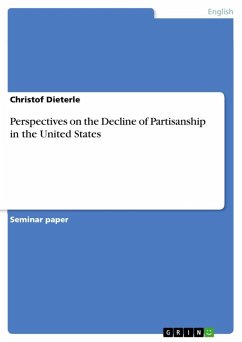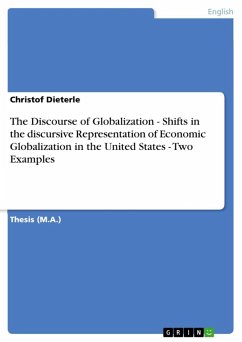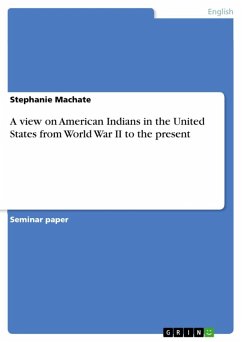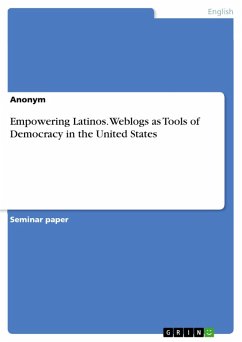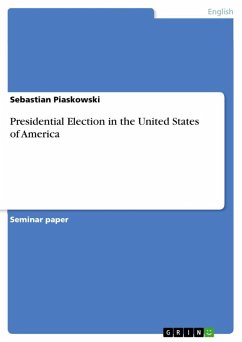Seminar paper from the year 2004 in the subject American Studies - Culture and Applied Geography, grade: 1 (A), University of Kassel (Anglistics/American Studies), course: The vote of the american president, language: English, abstract: The question which role parties have in political life in the United States has concerned scholars for more than a century. Beginning with the introduction of the first statewide primaries in South Carolina in 1896, when the power of candidate nomination was taken away from party bosses and transferred to all party members or affiliates, there is a te ndency that parties lose influence not only in elections and other political processes, but also in everyday life in the United States. In this paper I will try to draw a rough outline of the discussion that has taken place in the last decades in order to give an overview on different theoretical approaches to the decline of party identification as well as on some of the consequences of this development. Naturally, this paper cannot deal with many other aspects of party identification, e.g. drawn from modernization theory or psychology.1 But, despite these limitations, the results presented in the concluding chapter provide some evidence for the thesis that U.S. Parties are in a state of decline and that this decline can have severe impacts on U.S. political and social life. This paper is structured as follows: In chapter 2, I will draw an outline of the different theoretical approaches to the concept of partisanship, ranging from socio-psychological attachment to Rational Choice theory and Multidimensional approaches. Chapter 3 is the longest part of this paper and deals with the reasons for the decline of party identification. After discussing some empirical data, I will turn to socio-economic factors leading to partisan dealignment before analysing the rise of issue and candidate voting. In chapter 4 I will present a brief outlook on some of the consequences of the decline of party identification on different levels of political and social life in the United States. The last chapter consists of a short summary of the findings of this paper and some concluding remarks.
Dieser Download kann aus rechtlichen Gründen nur mit Rechnungsadresse in A, B, BG, CY, CZ, D, DK, EW, E, FIN, F, GR, HR, H, IRL, I, LT, L, LR, M, NL, PL, P, R, S, SLO, SK ausgeliefert werden.

